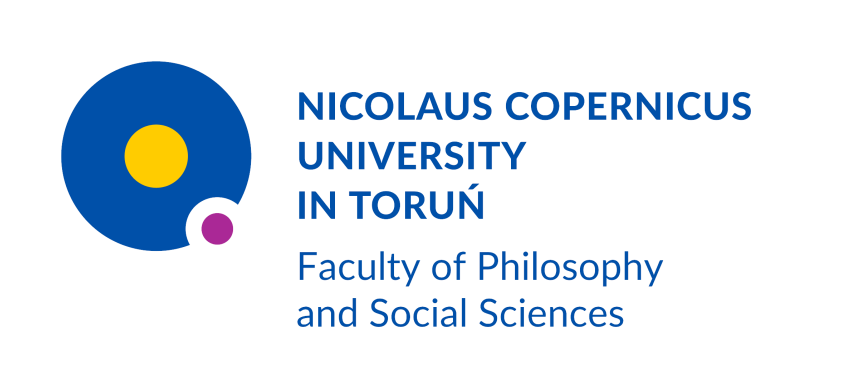Research areas
Information environment:
- information architecture (designing websites, interfaces, user experience design, graphic design, human-computer interaction, functionality and usability of ICT systems, expert assessment, heuristic assessment, availability),
- information processes, systems and services (processing, storage, presentation of information, information brokerage, quality management in information systems, information retrieval systems – mechanisms, strategies, tools, services; Open Source, e-learning systems),
- quality, availability and directions of development of digital resources (repositories, digital libraries, educational resources, cultural resources, databases, e-services, e-learning),
- artificial intelligence, machine learning and artificial neural networks,
- forms of network communication (social media, public services, manifestations and mechanisms of e-participation, gamification, technological progress and PR and branding),
- directions of development of the information sector (automation of the activities of cultural sector institutions, the role of information institutions in the processes of social communication, directions of library development, the concept of sustainable development).
Information users:
- information needs,
- users’ behaviour (perception research),
- information, digital and media competences,
- use of modern technologies,
- psychology of media and new technologies,
- pathologies related to the use of information and media,
- the role of media and information in social exclusion and inclusion.
Scientific communication:
- scientific research methods (scientometrics, webometrics, bibliometrics, informetrics, sociometrics),
- scientometrics indicators (evaluation and standing of scientific journals, indicators and indexes for the assessment of scientific achievements),
- researcher’s electronic workshop (databases, open scientific resources, individual information space of a scientist, visualization of information and science, artificial intelligence, scientific platforms for the exchange of information, knowledge and experience, Open Access, open research data),
- science and education systems (classifications of sciences and disciplines, new fields of study, European and National Qualifications Framework, financing of science),
- scientific communication in social sciences.

 ul. Bojarskiego 1, 87-100 Toruń
ul. Bojarskiego 1, 87-100 Toruń